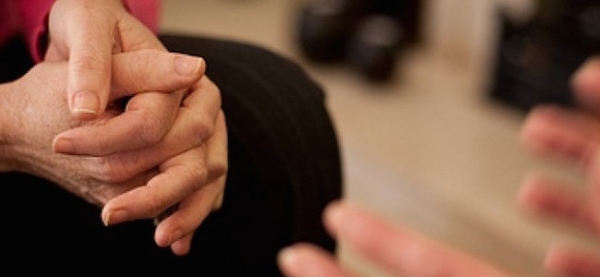"Pastoral assistants offer a vital support network, supporting the progress leaders in their work."
I became principal of Neale-Wade Academy in September 2011. The Academy calls the rural town of March in Cambridgeshire its home, and currently has over 1,600 students on role. ‘Pastoral care for the masses’ is by no mean an easy challenge, but I truly view it as the foundation for a successful school.
One of the first major changes we implemented was a shake-up of the vertical tutoring system we had at the Academy. This was replaced with a horizontal system with clear lines of accountability. Heads of year have been renamed as progress leaders, and are responsible for the wellbeing of their entire year group, alongside tracking the academic progress of the 300 students under their care. Pastoral assistants offer a vital support network, supporting the progress leaders in their work. As they aren’t part of the teaching staff they are readily available to meet with students and parents as needed, and, being part of the local area, they have a good understanding of Neale-Wade’s local community.
The pastoral team is also prepared for any non-academic issues that may arise or be pertinent for our students. Take, for example, young people’s mental health. Just as a school’s first aider would help any student with a minor injury, our pastoral care team is always on the lookout for less obvious issues. A dedicated team led by the vice principal and director of Student Wellbeing works tirelessly to remove any potential barriers to learning, ensuring that students with varying needs across the mental health spectrum are supported and able to cope in their mainstream lessons, thus maximising their learning opportunities.
"Students study during the day, finishing at 6:30pm before being taken to the cinema and bowling."
This support strategy is complemented with various co- and extra-curricular activities, which allow our pastoral care provision to evolve past problem solving to creating and maintaining a supportive environment that encourages and stimulates learning. This corroborates and is aligned with what happens in the classroom, but shakes things up a bit. We offer residential experiences, for example, taking place at hotels. Students study during the day, finishing at 6:30pm before being taken to the cinema and bowling. Year 11 students have the opportunity to take part in breakfast revision sessions, starting at 8:15am. These activities offer a sociable learning experience in a different learning environment, and they are extremely popular.
I think that when students understand that you have a personal interest in their academic achievement and general wellbeing, they are more motivated to succeed. It’s easy to become bogged down in Ofsted guidelines and league table positions, and forget about why we got into the profession in the first place. Don’t get me wrong, these are important, but perhaps we should move away from the labels and instead focus on the individual. Secondary school isn’t a factory production line; we are dealing with real people with real issues and as such we should be sensitive to individual needs and potential. Great results due to improved attainment are often a happy side effect of contributing to a young person’s personal and academic development.
21st century teachers face a multitude of internal and external pressures, and are increasingly accountable. But schools aren’t companies, and it is important to remember that if we are in any business, we are in the business of educating and developing young people. Implementing a steadfast pastoral care strategy is one way in which we can ensure we’re doing this as best as we are able, taking the pressure off somewhat and allowing us to do our jobs: teach.
How do you handle pastoral activities in your school? Let us know in the comments.


















